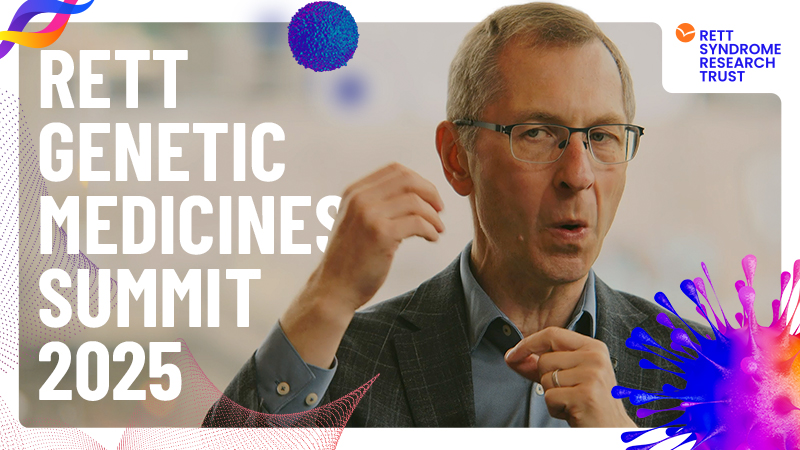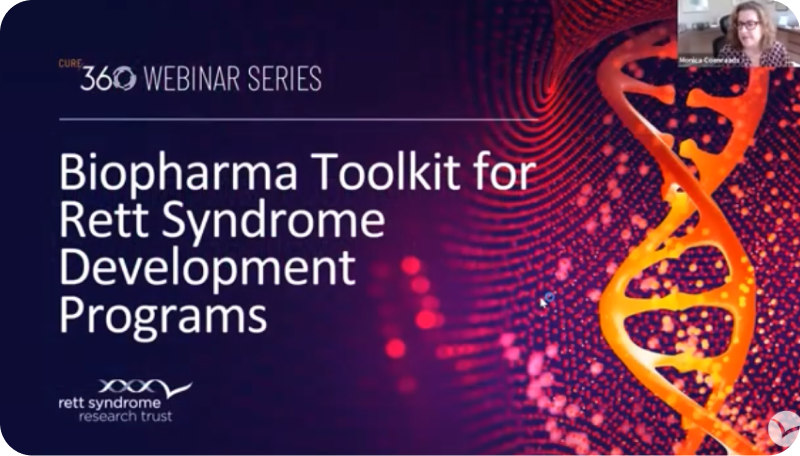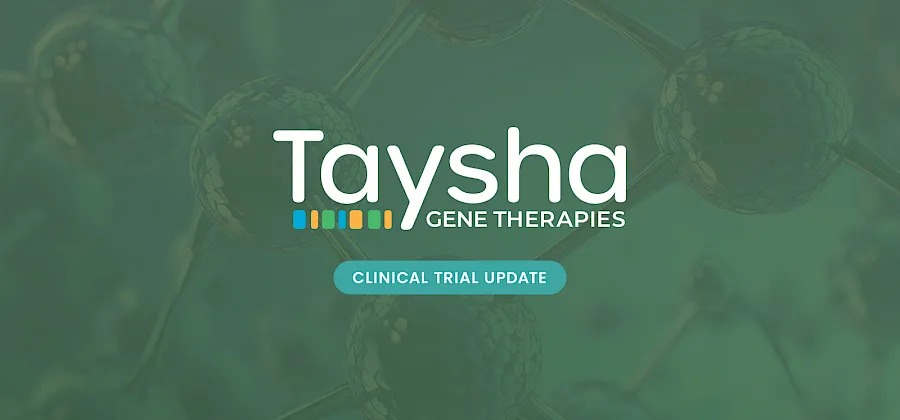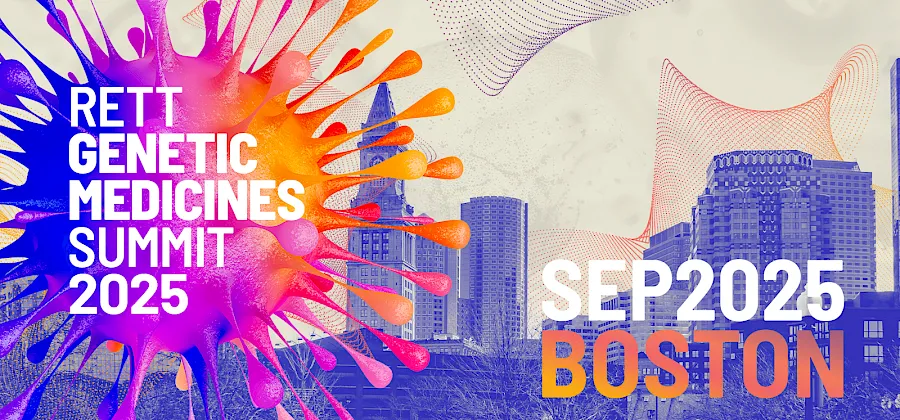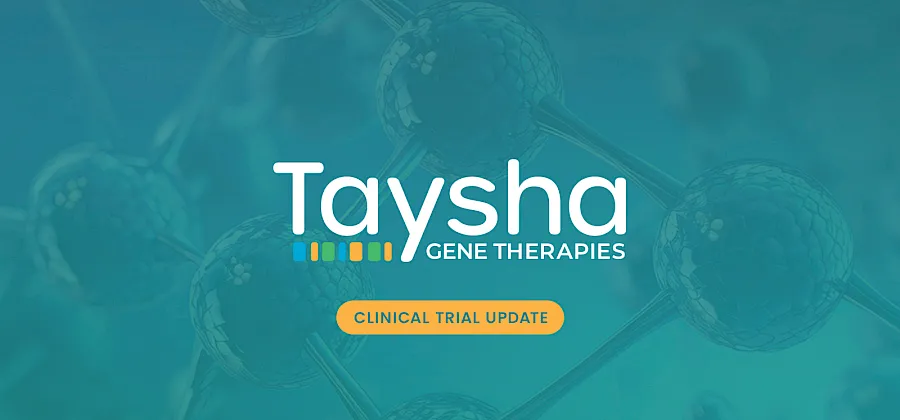Researcher Resources
Connecting academic and industry scientists with the resources and reagents needed to make quick progress is important to us. Below is our curated list of key resources and reagents. If you can’t find what you are looking for please contact Monica Coenraads.

Funding Information
We do not have traditional funding calls. We accept unsolicited proposals at any time. Feel free to submit a short letter of intent to Monica Coenraads outlining your project, timeline, and a budget estimate and we’ll get back to you asap.

Summit 2025
Over the course of three days in September we convened leading scientists, clinicians, and regulators to explore every corner of the genetic medicines landscape. The leadership from over 45 biopharma companies had a unique opportunity to hear about the state of Rett genetic medicine programs, with the ultimate goal of inspiring and motivating them to add the disorder to their pipelines.
This year’s gathering underscored RSRT’s role as both convener and catalyst, bringing brilliant minds together while never losing sight of the children and families at the heart of our community.

Resources
Genetic Information
- Rettbase (mutation database)
- InterRett
- OMIM MECP2
- OMIM Rett Syndrome
- A catalogue of 863 Rett-syndrome-causing MECP2 mutations and lessons learned from data integration
Patient Tissue
- RSRT Biorepository (fibroblasts and iPSCs) - To access samples please email Jana von Hehn
- RSRT iPSC Collection @ Coriell
- Coriell Research Institute
- Harvard Brain Bank
- Autism Brain Net
- University of Maryland Brain & Tissue Bank
Rodent Models
MECP2 Antibodies
- N-terminal Anti-MECP2 (M7443) mouse antibody
- C-terminal Anti-MECP2 (M6818) mouse antibody
- C-terminal Anti-MECP2 (D4F3) rabbit antibody
Molecular Biology Tools
Clinical information
- Clinical Trials
- Clinical Sites
- Natural History Study Publications
- Citizen digital natural history study
Caregiver Burden Studies
Companies partnered with RSRT for outcome measures development
Companies with publicly announced MECP2 genetic medicine programs
Gene Therapy
Gene Editing
RNA Editing
MECP2 Reactivation
Delivery - Apertura Gene Therapy
Rett Syndrome Externally-Led Patient Focused Drug Development Meeting
Preliminary Results from Digital Natural History Study
.
.

"It's wonderful that RSRT is providing a guide to reagents and animal models that can be used to advance Rett syndrome and MECP2 duplication syndrome research. By sharing reagents and mice, we avoid duplication of efforts and save research funds for critical experiments."


